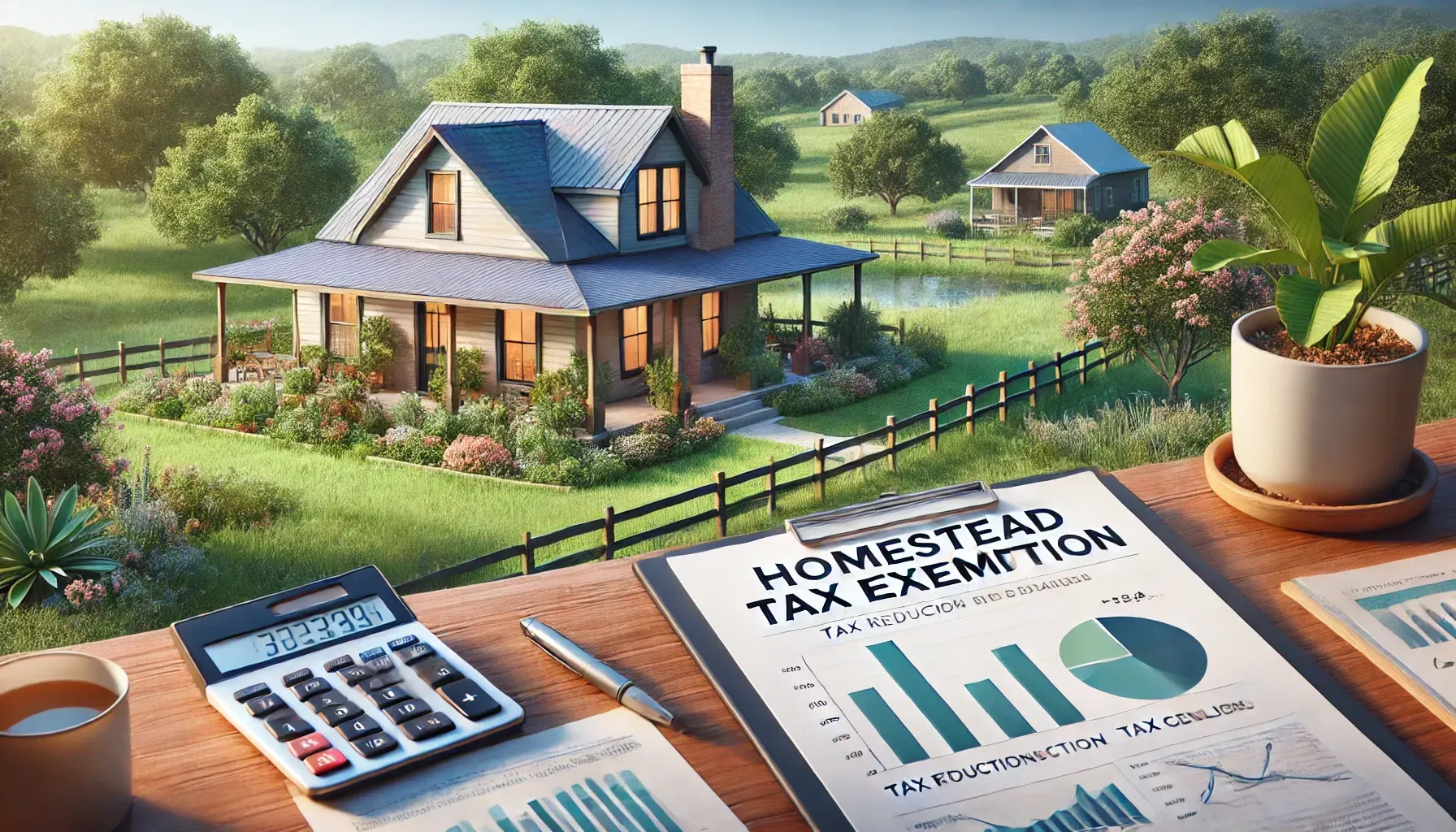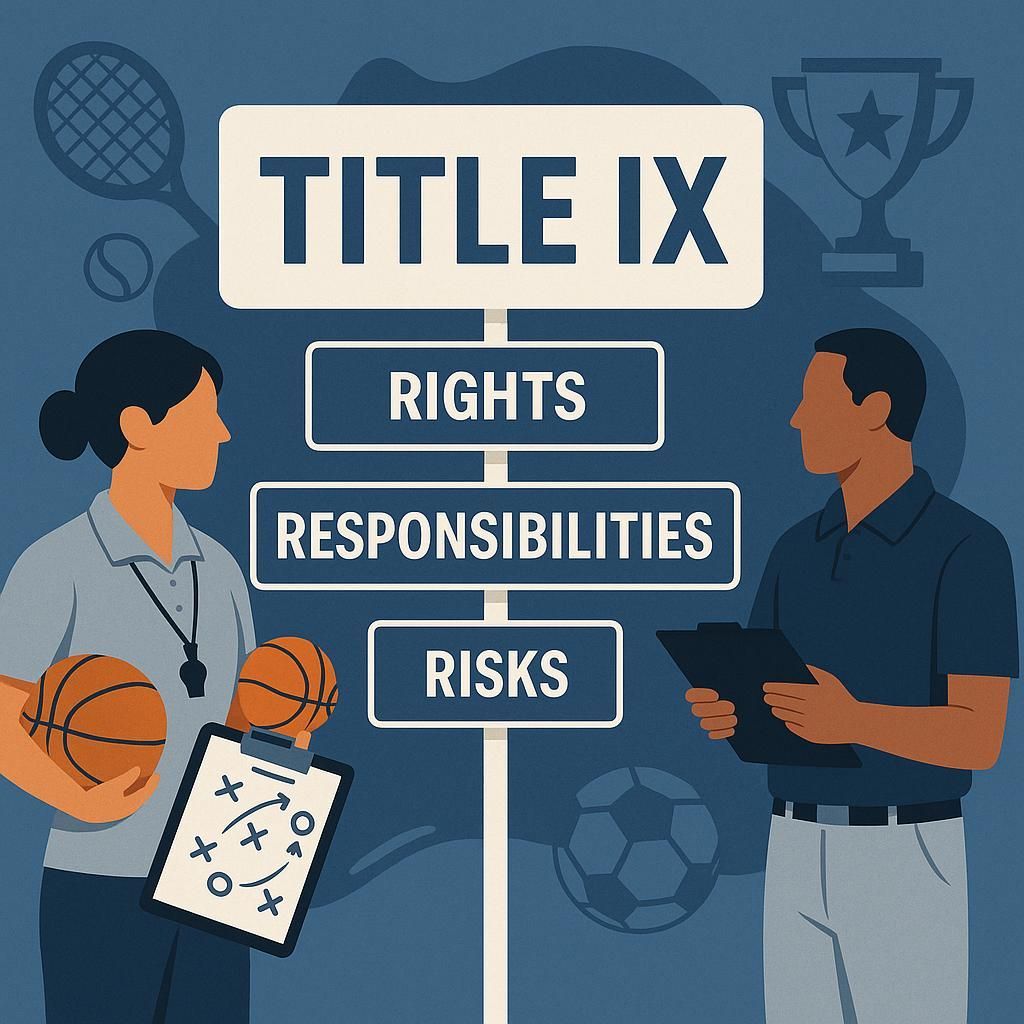What Is a Homestead in Texas and How Does It Fit Into Estate Planning?
A homestead in Texas holds unique legal significance, offering homeowners essential protections and financial benefits. Whether you're a property owner planning your estate or looking to reduce your property tax bill, understanding how homestead laws and exemptions work is key to optimizing your financial and legal strategies.
This article explores the concept of a Texas homestead, its protections, and its role in estate planning, including its impact on property taxes, asset protection, and the rights of surviving spouses.
Defining a Homestead in Texas
What Is a Homestead?
In Texas, a homestead refers to a principal residence owned and occupied by a property owner. Under Texas law, a homestead provides legal protections, including exemption from certain tax liens and creditor claims.
There are two main categories of homesteads:
- Urban homestead: Limited to ten acres and includes a home within city or town limits.
- Rural homestead: Can cover up to 200 acres for a family or 100 acres for a single adult, including a home and adjoining land.
These distinctions are important when evaluating estate planning strategies or eligibility for homestead exemptions.
Legal Protections Under Texas Homestead Laws
Texas homestead laws offer robust protections, ensuring a homeowner's homestead property cannot be seized to pay most creditors, excluding mortgages, property taxes, or federal tax liens. These protections safeguard the home, making it a critical asset in estate planning.

How the Homestead Fits Into Estate Planning
Asset Protection for Property Owners
One of the most significant benefits of a homestead is asset protection. By designating a property as a homestead, homeowners can shield their assets from creditors in cases of financial hardship. This protection ensures the property remains within the family or estate, even during challenging times.
Homestead Laws and Inheritance
In Texas, homestead laws provide unique inheritance rights to a surviving spouse or surviving children. For example:
- A surviving spouse's residence homestead is protected, ensuring the spouse can continue to live in the home.
- Heir property owners also benefit, as Texas law prioritizes the preservation of a homestead for family members.
This ensures the homestead remains a central part of the family’s estate for future generations.
Understanding Homestead Exemptions
What Are Homestead Exemptions?
Homestead exemptions reduce the taxable value of a residence homestead, leading to significant savings on property taxes. These exemptions include:
- General residence homestead exemption: A reduction in the taxable value for most homeowners.
- Disabled person exemption: Offers additional reductions for disabled persons.
- Surviving spouse exemption: Provides continued tax benefits for a surviving spouse if eligibility criteria are met.
How to Qualify for a Residence Homestead Exemption
To qualify for a residence homestead exemption, a property owner must:
- Occupy the property as their primary residence as of January 1 of the tax year.
- Provide proof of residency, such as a Texas driver’s license or a recent utility bill.
- Apply through their county appraisal district.
These steps ensure that Texas property owners maximize their property tax savings.
Tax Benefits of a Texas Homestead
Lowering Property Taxes
Homestead exemptions significantly reduce the burden of property taxes. For instance:
- The general residential homestead exemption lowers taxable values for school districts, reducing school taxes.
- Additional exemptions, like those for disabled veterans, provide further relief.
Tax Ceilings for School Taxes
A tax ceiling freezes the school taxes for eligible homeowners, such as those over 65 or those receiving disability benefits. This prevents increases in school taxes, offering long-term financial relief.

Protecting Surviving Spouses and Families
Benefits for Surviving Spouses
A surviving spouse's residence homestead enjoys continued protections under Texas law. Whether through continued use of homestead exemptions or shielding the property from creditors, these rights ensure the surviving spouse can maintain stability.
Heir Property Protections
For heir property owners, homestead protections ensure the property remains in the family. This is particularly beneficial in cases of multiple heirs, preventing forced sales and preserving family legacies.
Additional Considerations for Estate Planning
Planning for Disability and Veterans Benefits
Veterans or individuals with a disability rating from the Veterans Administration or Social Security Administration can further reduce their property taxes. These exemptions make a significant difference in estate planning for disabled persons or disabled veterans.
Integrating Homestead Laws into Your Plan
Incorporating homestead laws into your estate planning strategy allows you to:
- Protect assets from creditors.
- Reduce property taxes through exemptions.
- Ensure seamless inheritance for family members.
By understanding these legal provisions, you can create a comprehensive plan that maximizes financial benefits and provides peace of mind.
How Homestead Exemptions Reduce Property Taxes and Provide Legal Protections
Maximizing Benefits Through Exemptions and Legal Provisions
In Texas, the general homestead exemption and additional tax benefits under the Texas Constitution offer significant relief to homeowners. For those with a service-connected disability, additional partial exemptions or a total property tax exemption can dramatically reduce the financial burden. These benefits apply to properties that meet eligibility criteria, ensuring that the property qualifies for reduced or eliminated tax liabilities.
For example, disabled veterans or their surviving families can take advantage of these provisions, with exemption amounts determined by appraised value and a veteran’s disability rating. Eligible heir property owners or individuals moving to a new residence can also transfer exemptions under certain conditions. Importantly, taxing units such as public school districts and local option exemptions ensure homeowners benefit consistently, even across the same taxing units. By working with a chief appraiser and understanding the applicable legal framework, homeowners can ensure their primary residences and even urban homesteads receive the maximum benefits allowed under state and local laws.

Homestead Protections and Tax Benefits for Texas Property Owners
Leveraging Legal Provisions for Reduced Property Taxes
Under Texas law, state property tax benefits and local option exemptions are critical tools for reducing the financial burden on homeowners. Eligible heir property owners and those with a disability exemption, such as a disabled veteran, can qualify for reduced tax liabilities or even total exemptions in certain cases. These exemptions are calculated based on the exemption amount tied to the appraised value of the property owned.
For veterans and their families, benefits from the Veterans Affairs department, coupled with protections for those in the armed services, ensure financial relief. Similarly, surviving family members, such as a deceased spouse, can transfer exemptions to maintain these protections. Specific legal provisions also extend benefits to manufactured homes and properties connected to a charitable organization. Ensuring compliance with requirements such as filing an application with the appropriate taxing unit or providing an other recorded instrument guarantees these tax benefits are effectively applied.
Understanding these laws ensures that homeowners don’t over pay property taxes while securing financial stability for future generations.
Legal Provisions and Tax Benefits for Heir Property Owners
Protecting Family Assets Through Exemptions and Legal Frameworks
An heir property owner in Texas can benefit significantly from legal provisions designed to protect family assets and reduce tax burdens. For instance, heirs who inherit a primary residence can retain homestead protections and qualify for tax reductions under the local option exemption program. This ensures that the property remains affordable, even as it transitions ownership within the family.
Additional support is available for homeowners eligible for federal old age benefits, providing an additional exemption for those who meet specific age or disability requirements. These measures ensure that families can preserve generational wealth while maintaining the home as a central part of the estate. Understanding these provisions allows heir property owners to make informed decisions and protect their financial future.
Contact Us to Learn More About Texas Homestead Protection
If you’re looking to understand how Texas homestead protection fits into your estate planning, we’re here to help. Our team specializes in guiding homeowners through the complexities of homestead laws, exemptions, and asset protection.
Call us at (972) 236-5051 for a free consultation. Let us provide the insights and support you need to make informed decisions about your property and estate.
Notice: This post is not legal advice; it is merely informational in nature. See a qualified lawyer for specific advice.

Looking for Legal & Business Solutions? Contact Us Now
Fill in the form or call us to set up a meeting













